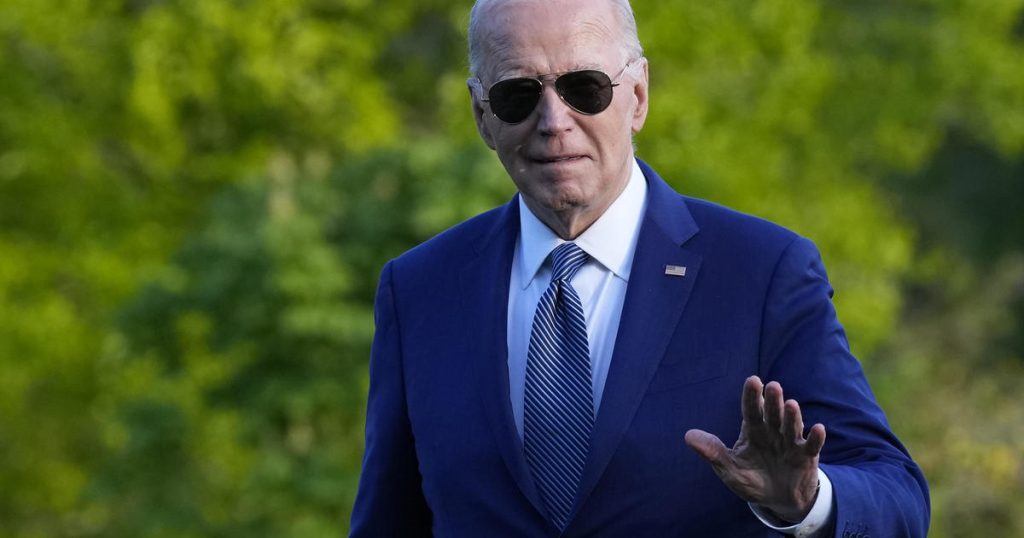President Biden recently granted clemency to 16 people convicted of nonviolent drug offenses, pardoning 11 of them and commuting the sentences of the other five. The recipients of the pardons include individuals who have since turned their lives around, including those who have earned advanced degrees, run businesses, and been active members of their communities. One recipient who had been serving a life sentence will no longer have to do so. In December, the president granted categorical pardons to thousands convicted of marijuana-related offenses in Washington, D.C., and on federal lands.
Clemency is a broad term that includes both pardons, which forgive legal consequences from a conviction, and commutations, which reduce prison sentences or other penalties. President Biden emphasized the importance of second chances and rehabilitation in the criminal justice system, reaffirming his commitment to ensuring equal justice for all. He pledged to continue reviewing clemency petitions, implementing reforms, and providing meaningful second chances to those who have been incarcerated. The recent pardons and commutations are part of the administration’s efforts to address disparities in the justice system, particularly in cases involving nonviolent drug offenses.
Among those granted clemency by President Biden are individuals who have made significant strides in turning their lives around since their convictions. Katrina Polk, a resident of Washington, D.C., was pardoned for a nonviolent drug offense she committed at 18. Since her release, she has earned a PhD and advocates for the elderly. Jason Hernandez, of McKinney, Texas, was convicted of nonviolent drug offenses as a juvenile but now runs a nonprofit that provides food to his community. Alexis Sutton, a woman from New Haven, Connecticut, is working towards becoming a registered nurse and is active in her local church.
In addition to the pardons, President Biden also commuted the sentences of five people convicted of cocaine-related offenses. One individual who was serving a life sentence for manufacturing cocaine base had their sentence reduced to 30 years. The Biden administration has expressed a commitment to reforming the criminal justice system to make consequences for nonviolent drug offenses more racially equitable, acknowledging the disproportionate impact these offenses have had on minority and Black communities. The administration is working towards a system that supports rehabilitation and provides second chances for those returning to their communities after incarceration.
Presidents often issue pardons and commutations towards the end of their terms, but President Biden has taken early action to address issues of justice reform and clemency. By granting clemency to individuals convicted of nonviolent drug offenses, the president is highlighting the importance of rehabilitation and second chances in the criminal justice system. Through these actions, the administration is working towards building a justice system that upholds the values of equal justice for all and ensures that everyone has the opportunity for redemption and a fresh start after serving their time.


